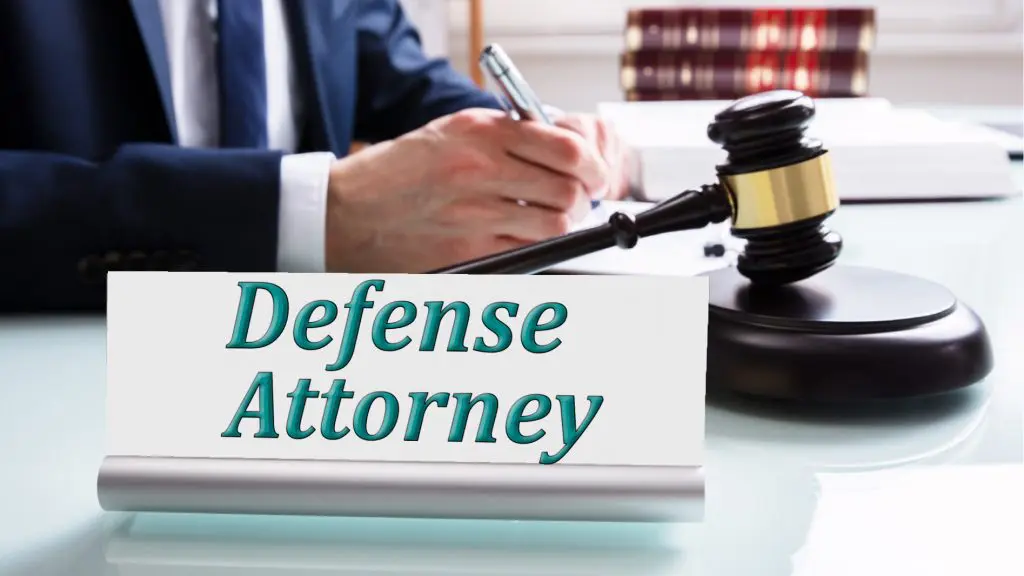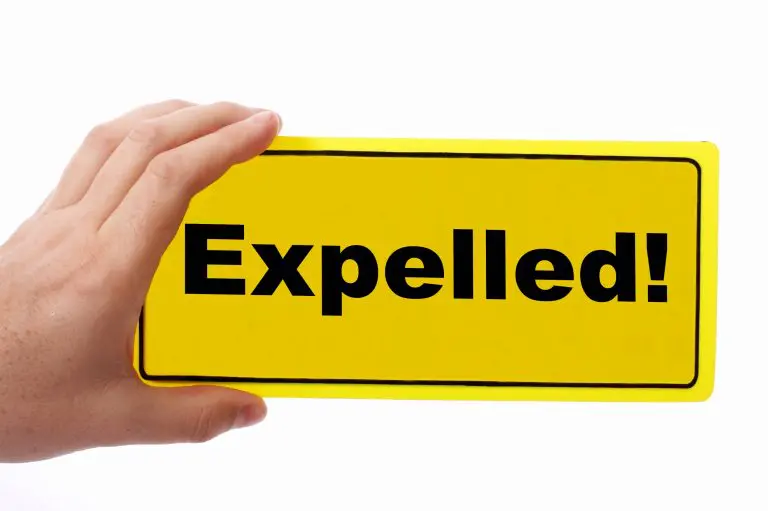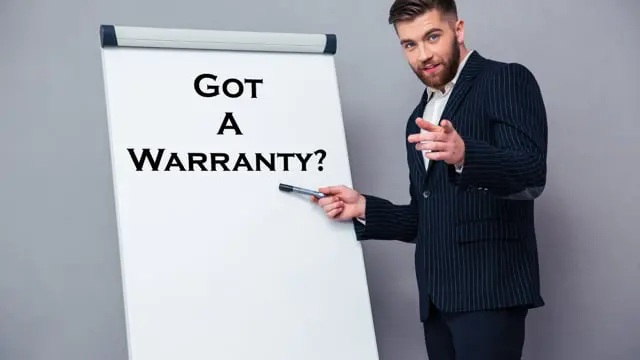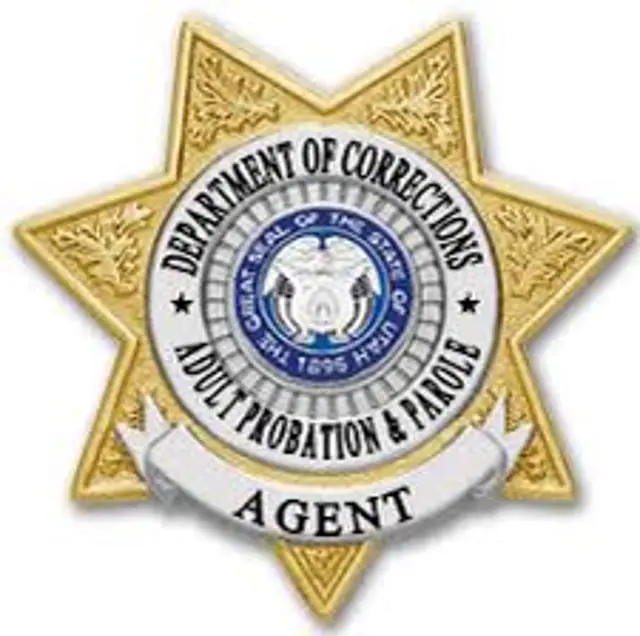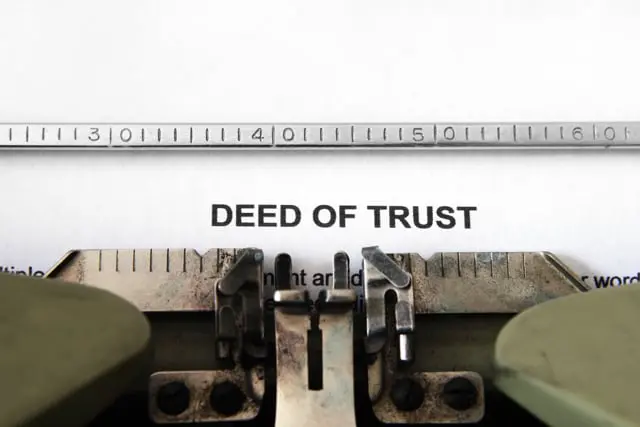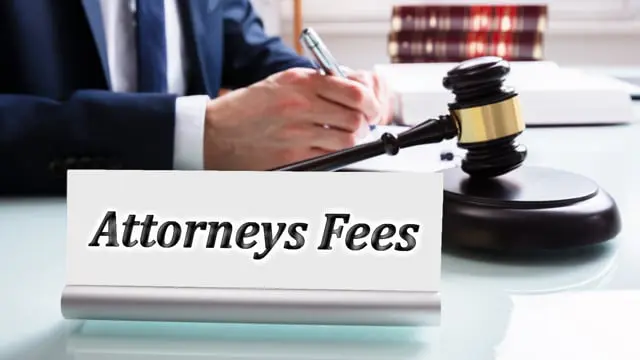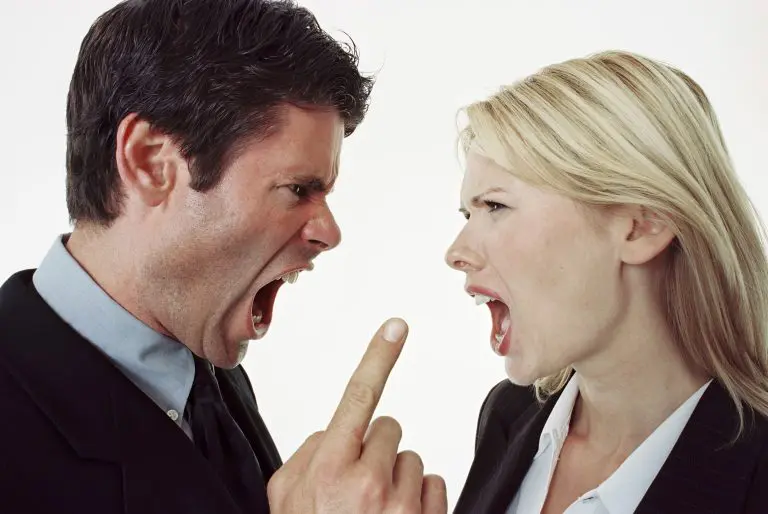Up To The Preliminary Hearing
By Kirk Tarman, Criminal Defense Attorney in San Bernardino County, California. Originally published in 2006 and reposted with permission from Crime, Justice and America magazine
Many time defendants are thrust into the hostile waters of the sistema de justicia penal without any idea what is going on and what their rights are. Hopefully, this article will give anyone charged with a crime, a bit of orientation and insight into the wild and wacky world of the justice system.
The Arraignment – This hearing can be crucially important to a defendant.

-
Abogados.Media
-
@abogados_media
-
linkedin
-
Digg
-
Newsvine
-
StumbleUpon
First because, the judge will determine if you are going to be assigned an attorney (a.k.a. public defender or conflict panel attorney) or if you have the capability to hire your own attorney. The primary factor involved in this determination is the defendant’s income. The more money you make the more likely the court will NOT assign you an attorney.
Secondly, the defendant can ask the judge to lower their fianza or release the defendant on their own recognizance. The basis for this determination has little or nothing to do with the guilt or innocence of the defendant, but with the 1) risk to the public; and 2) the possible flight risk the defendant poses.
First off, the position the defendant or their attorney should take is that the defendant has no history of violence, nor is the present charge one of violence, or, in the alternative, downplay any history of violence. This goes directly to the ‘danger to the community’ element;
Further, in regards to the possibility of being a flight risk, the argument should be made that the defendant has strong ties to the community (e.g. owns a home in the area, has lived in the area their entire lives, has friends or family that live in the area, does NOT have any friends or family or ties to any other community. For example, if a defendant recently moved to the United States from Mexico, you would downplay that factor, but if he had a job in the U.S. you would focus on that factor.
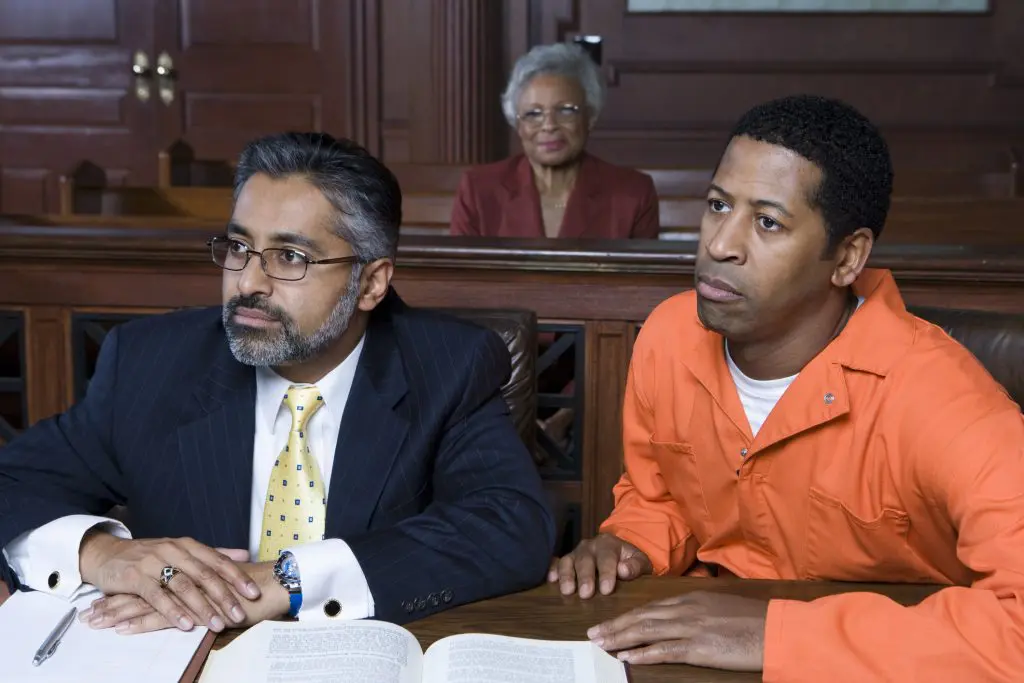
-
Abogados.Media
-
@abogados_media
-
linkedin
-
Digg
-
Newsvine
-
StumbleUpon
Fighting a case from the street can have long range consequences and immediately benefits the defendant.
Most bail is based upon a bail schedule for that county. Many of these bail schedules can be found online. For example go to http://www.co.san-bernardino.ca.us/Courts/ for San Bernardino County’s bail schedule and http://www.lasuperiorcourt.org/bail/ for Los Angeles’ bail schedule.
The other item that needs to be addressed at this stage is discovery. All available discovery (fancy word for evidence) should be requested from the prosecutor at this time. This request should be in writing, and the defense should acquire confirmation that the request has been received.
Also, remember you have a statutory right to a preliminary hearing within ten days of your arraignment, which can only be continued for good cause for sixty days.
Pre-Preliminary Hearing-The second hearing you will have is called the pre-preliminary hearing or early disposition hearing. They may call it something different in your county. This hearing is basically a chance for the prosecution to resolve the case before any further work is done on the case. The defendant may benefit from this early surrender, but the prosecutor rarely dismisses the case at this stage in the proceedings. Usually the prosecutor has the mentality of a conveyor belt-quantity over quality. Most of the prosecutors at this level don’t have to deal with the case after it goes to preliminary hearing, so they prefer to get rid of the case rather than argue the merits of the charges. Still an effective defense attorney can negotiate some wonderful deals at this stage in the game. Also, be aware that usually a defendant will get another prosecutor and another judge after the preliminary hearing. So if things aren’t going your way, remember that you have another “bite at the apple”. A good defense attorney will know where your case is going to be assigned next, and utilize this factor when deciding whether to accept a plea bargain or push on.
The Preliminary Hearing– This hearing can be used for a successful dismissal of a case, or in the alternative it is great time for trial preparation.
The preliminary hearing is the first hearing in which actual evidence (e.g. testimony, forensics etc.) are admitted. Though the standard for “binding over” or continuing the case against the defendant is slight, the preliminary hearing is crucial.
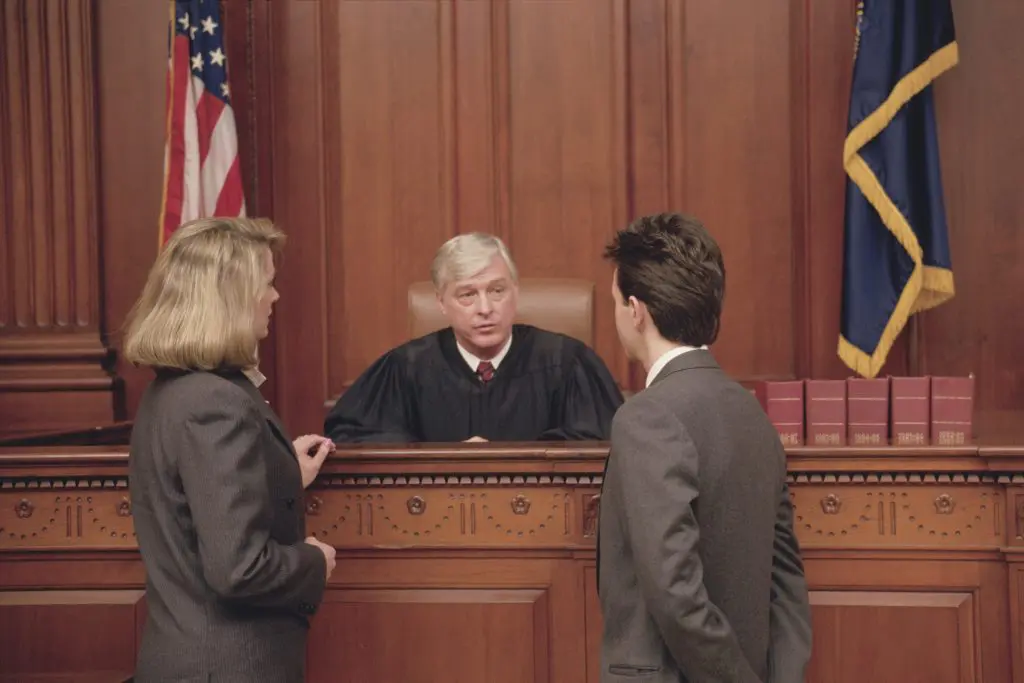
-
Abogados.Media
-
@abogados_media
-
linkedin
-
Digg
-
Newsvine
-
StumbleUpon
If the defense attorney is effective and experienced the preliminary hearing becomes and invaluable tool. Many attorneys have their clients waive the preliminary hearing, however there are very few scenarios wherein this waiver is prudent. The only one I can think of is where there are clearly worse charges imminent, and the charges are likely to be filed if the preliminary hearing goes forward. That is, if the evidence at the preliminary hearing is likely to show more charges or enhancements than in the complaint. In most cases, if you waive the preliminary hearing the prosecution is unable to add new substantive charges.
The real problems with preliminary hearings is due to the fact that Proposition 115 allows police officers to testify to hearsay statements. In other words, the prosecution can call the cop to the stand and basically have the cop testify to what is contained within their police report. (Note-the cop can’t read their police report, but can use it to refresh their memory). For defense, an effective cross-examination usually includes asking many questions about the in competency, insufficiency and superficiality of the officer’s investigation. For example, asking why the officer didn’t take fingerprints of the mason jars near the methamphetamine lab, or do a gun shot residue test on the other suspects. In most case, the officer has already concluded the guilt of the suspect so the investigation is, almost always, very superficial. These questions cut to the heart of the prosecutions case, but usually will not mandate a dismissal.
However, defense attorneys have a powerful took called a s subpoena, and the defense can subpoena witnesses to the preliminary hearing. That means either the witness shows up in court on the designated day, or an arrest warrant can be issued for that person. Just recently, I had a case where the prosecutor did not subpoena an eyewitness to the preliminary hearing, so I did. The eyewitness had previously identified my client at a photo lineup, but when the witness got up on the stand and was asked “Do you see anyone here today that you saw at the crime scene?” The witness succinctly responded “No.” Case dismissed. If I had not subpoenaed this witness to the stand, the only options we would have had would have been to file a lineup motion, and/or go to trial. Either way my client would have spent months in jail instead of getting out of custody that day.
Many times, especially with overworked and over-extended attorneys, they fail to subpoena these crucial witnesses and miss a prime opportunity to win the case.
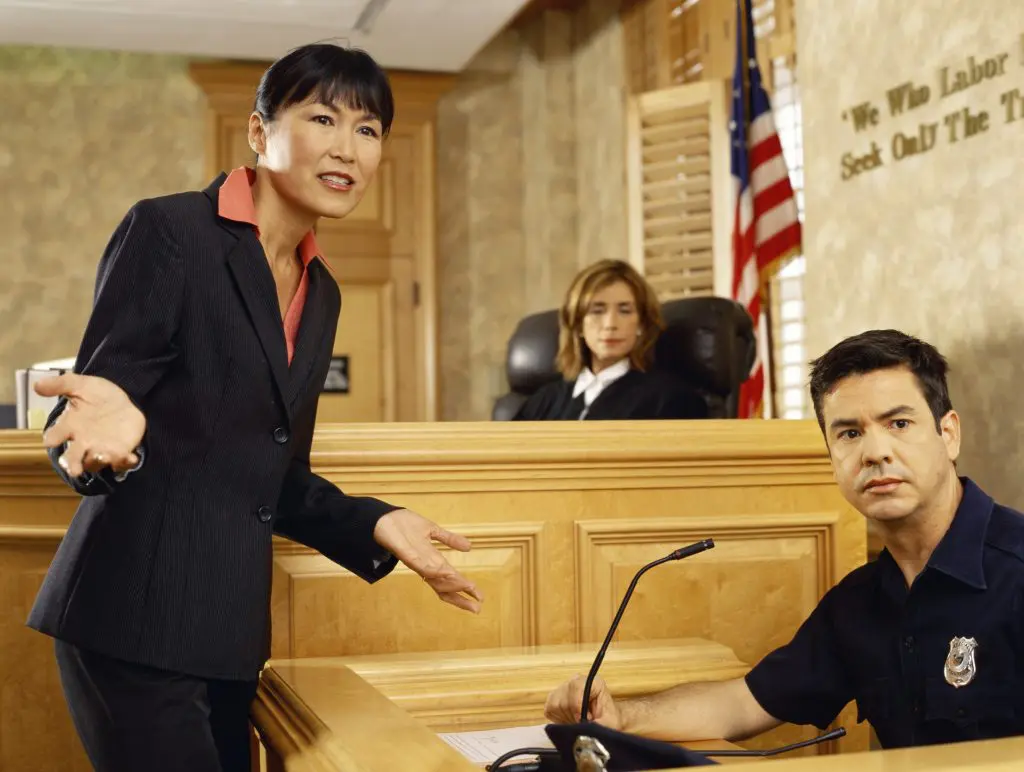
-
Abogados.Media
-
@abogados_media
-
linkedin
-
Digg
-
Newsvine
-
StumbleUpon
Even if the case is not won at the preliminary hearing, it is a great opportunity for the defense to cross-examine the witnesses, and “lock-in” their testimony. That way the defense has access to three, and maybe four, statements made by the witness. The first statement given to the police; the second statement given at the preliminary hearing; the third statement given to the defense’s investigator; and the fourth statement given during trial. With many witnesses lying or exaggerating the truth, they cannot keep all of their lies straight, and these inconsistencies can be explored and exploited to show their lack of credibility.
These are just the first few hearings that may face a criminal defendant. There can be numerous iterations of this above process, and each case has its own unique facts and merits. Tactics differ from one attorney to the next, and the above is just one model.
This is a primer in the criminal process and is by no means complete, but it should give the reader a very basic understanding of the criminal system up to the preliminary hearing.
Each stage of criminal proceedings is a microcosm of the entire system, and can be an entire world unto itself. So keep track of the big picture, and don’t get bogged down in the small details.

